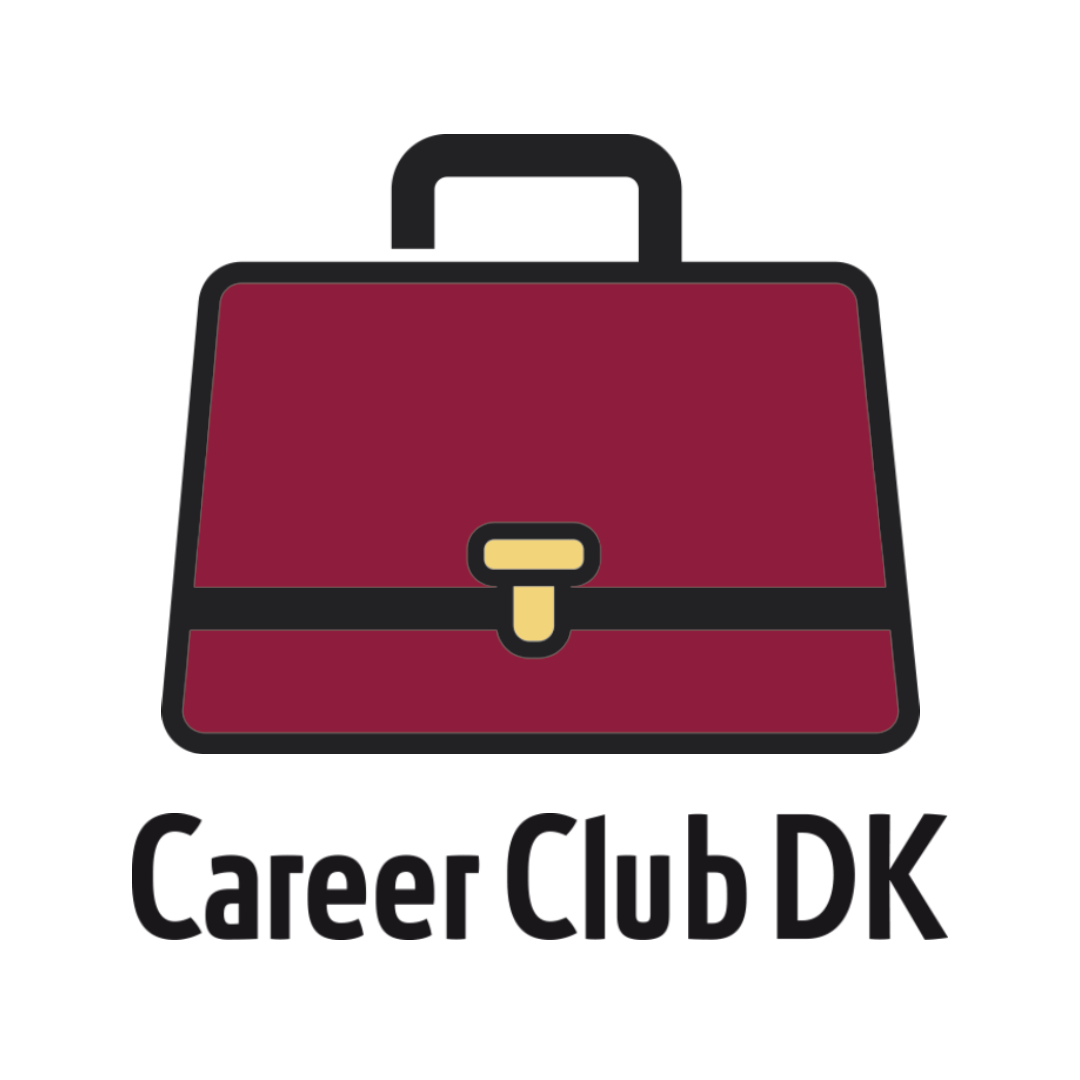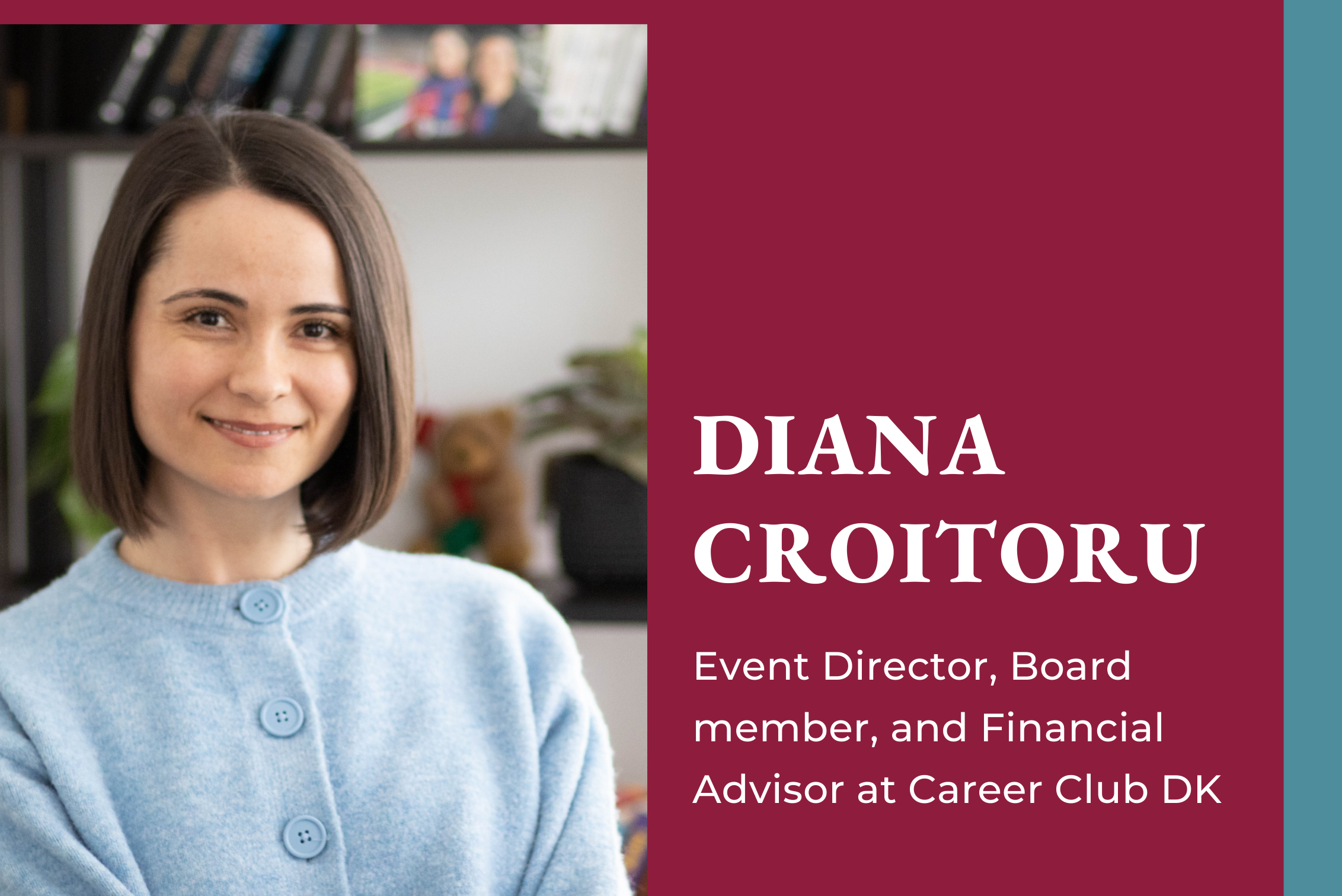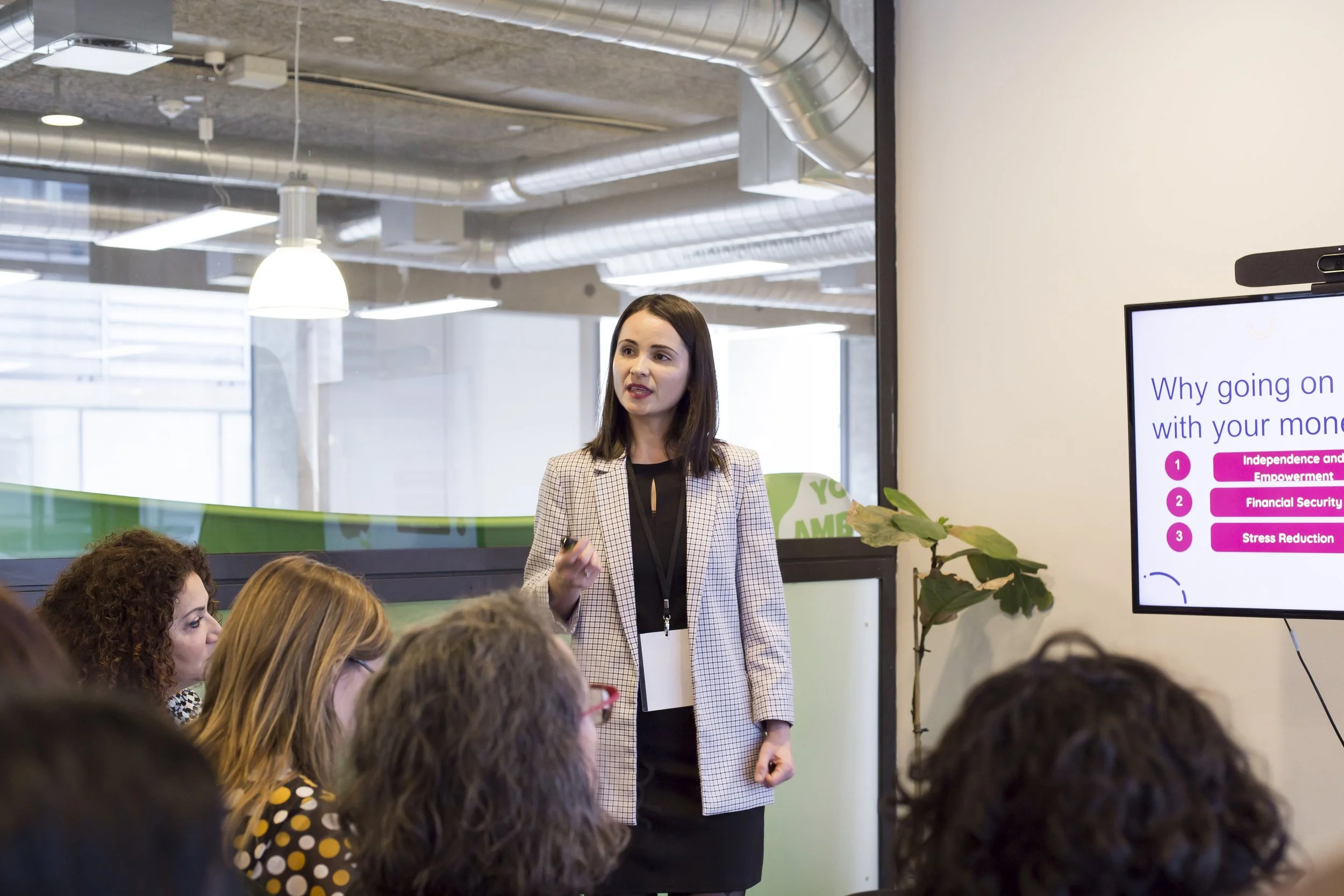Investing in your future: How to stay financially fit?
Interview by: Mischa Dannerup Marais
Picture of Diana with her professional title
Moving to a new country isn’t just about adjusting to a new culture—it’s also about learning how to navigate an entirely different financial system. Diana, originally from Moldova and educated in Romania, moved to Denmark in late 2020 and has spent the past four to five years learning how to build a financially secure and confident life abroad. In this conversation, she shares her journey and insights on what it really takes to be financially fit as an international in Denmark.
When Diana moved to Denmark, it was on short notice—her partner received a job offer, and within a month, they were living in a new country. That fast transition didn’t leave much time to prepare financially. “I quickly realized just how important it is to plan ahead here,” she explains. “When you rent a place, you need to pay three months’ rent in advance plus a three-month deposit. That’s six months of rent upfront, not even counting moving costs or furnishing the apartment.”
This experience led her to rethink how she managed her finances. “I started treating my money the same way you would run a business. You need to know what’s coming in, what’s going out, and plan accordingly. Otherwise, you can easily fall behind.”
One of her most important tools became something very simple: a personal budget. “I use a basic Excel spreadsheet,” she says, “but it’s incredibly effective. It gives me a clear overview of my finances—what I can afford, where I’m overspending, and what I need to adjust. It’s empowering to have that kind of clarity.”
Although many banks in Denmark now offer apps with expense tracking and budgeting features, Diana emphasizes that even the most basic method—like manually tracking your spending—can be powerful, especially at the beginning. “It’s not about fancy tools; it’s about being consistent and honest with yourself.”
For newcomers, she strongly recommends doing thorough research before arriving in Denmark. “I wish I had known about tools like Numbeo, which gives a realistic picture of rent prices, grocery costs, public transport, and salaries in different Danish cities. Knowing that information beforehand would have helped us plan much better.”
Beyond budgeting, one of the most overlooked financial tasks for internationals is understanding the Danish tax system. “Setting up your tax card correctly is essential. Whether you're working a job, freelancing, or starting a business, your taxes need to be accurate from the start. If not, you might end up with unexpected bills—or worse, fines.”
And fines is no joke in Denmark, as Diana learned that the hard way. “Even small things, like forgetting to check in on public transport or not having bike lights, can cost hundreds or thousands of kroner. It was a shock at first, but now I understand it’s just how the system works. Once you know the rules, you can avoid these unnecessary expenses.”
Another big shift for Diana was learning to talk about money more openly. “In Moldova and Romania, money can be a sensitive topic. People sometimes feel ashamed to talk about it or afraid they’ll be judged. I’ve learned that discussing money is healthy and necessary. It helps us make better decisions, learn from each other, and stop viewing money as something emotional or mysterious. It’s just a tool.”
She’s passionate about helping others develop that same clarity. As a financial consultant at Career Club Denmark, Diana now supports other internationals by organizing events and offering practical guidance. “It’s so important to have a space where you can ask questions, share experiences, and learn how things work in Denmark without feeling lost or alone.”
Every month, she and her partner sit down for a “money date” to review their spending and plan for the future. “It’s a habit that helps us stay aligned, especially when we’re thinking about bigger expenses like vacations or insurance. It turns budgeting into something proactive and empowering instead of stressful.”
Living in Denmark also changed her perspective on long-term financial planning. “Before, I didn’t think much about things like salary negotiation, gender pay gaps, or pensions. But now, I pay close attention to the value of my work and make sure I’m not just working hard—but also working smart.”
A five-year plan is a useful tool, but she admits it’s something she updates often. “Life changes. What matters is that you’re intentional about where your money goes and that you have goals to guide your decisions.”
She also highlights the importance of financial independence and side income. “Many people don’t know that in Denmark, you can earn up to 50,000 DKK a year from a side project without registering a company. It’s a great way to test your ideas, make some extra money, and gain confidence in your skills. Your passion can turn into income if you approach it with structure.”
Reflecting on what she wishes she had done differently, Diana says she would have focused on finding a job and learning Danish right away. “COVID hit right after I arrived, and that slowed everything down. I lost a lot of momentum. If you’re motivated when you arrive, use that energy to create financial stability as soon as possible.”
When she needs guidance, Diana turns to her community—especially Career Club and her close friends. “Sometimes, even just talking with people from your home culture in your own language can give you the reassurance and energy to keep going.”
She’s also quick to point out that while there is a lot of financial guidance available in Denmark, it often requires initiative. “No one will take you by the hand. The information is there, but you have to seek it out, interpret it, and take action.”
Any final words of wisdom?
For her, the biggest lesson has been that financial fitness isn’t about being perfect—it’s about being prepared, curious, and open. “If there’s a problem, I always remind myself there are at least ten possible solutions. You just need to look at it from a different angle. That mindset has helped me in both life and money.”



